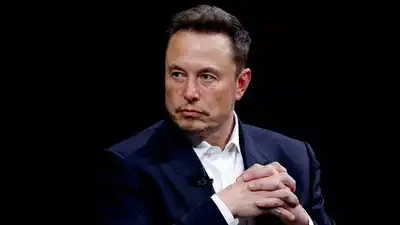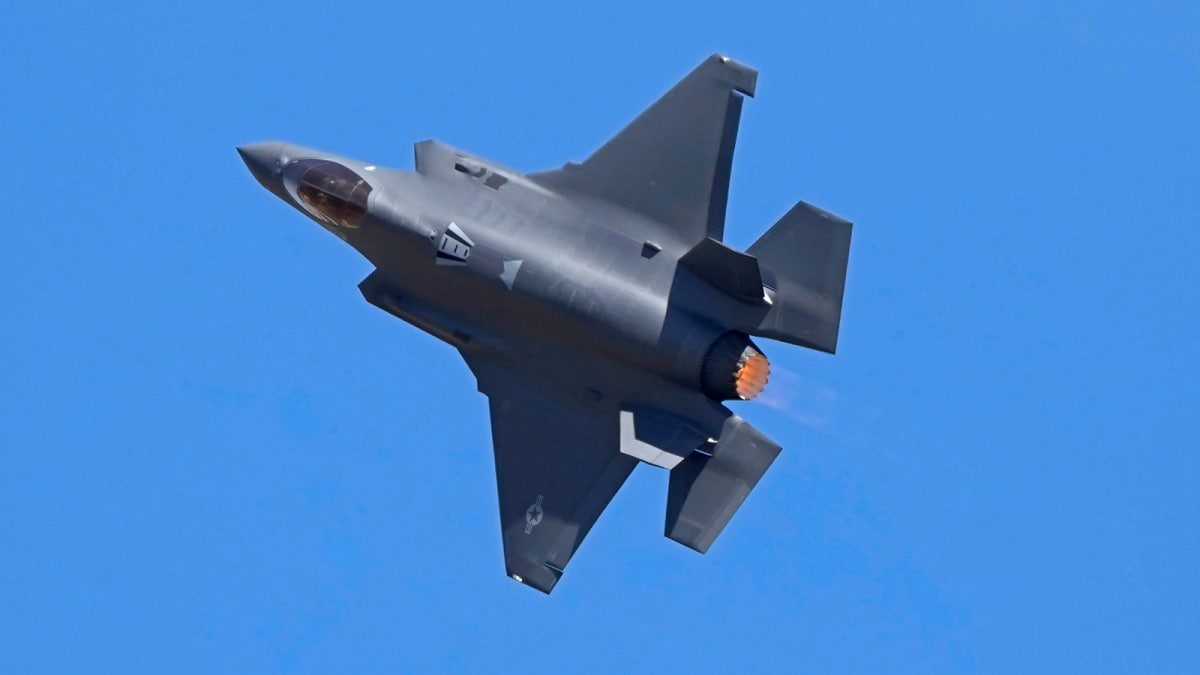ARTICLE AD BOX

Elon Musk recently made waves by publicly correcting a hiring post from an xAI employee, Aditya Gupta, who initially sought to recruit both "researchers" and "engineers" for the artificial intelligence startup.
Musk emphatically declared that the term "researcher" is outdated, pretentious, and fosters a problematic two-tier system within the engineering workforce. He insisted that at xAI—and also at SpaceX—everyone should simply be called "engineers." This shift reflects Musk’s vision for a unified, accountable, and highly practical technical team, breaking away from traditional academic distinctions he views as unnecessary and even harmful to innovation and team cohesion.
Elon Musk’s perspective: Engineers over researchers
Elon Musk has been vocal about his dislike for the title "researcher," which he frequently describes as a "relic of academia." In Musk’s view, the label “researcher” creates an artificial hierarchy within technical teams, suggesting that researchers are somehow distinct, or even less accountable, compared to engineers.He argues that this division weakens ownership, blurs responsibility, and fosters a separation that slows practical progress. Elon Musk reasons that in fast-paced technology companies like xAI and SpaceX, what matters most is the ability to build, iterate, and solve real-world problems—responsibilities encompassed by the role of an "engineer."
By rejecting the researcher title, Musk aims to eliminate what he perceives as academic pretentiousness that can sometimes encourage theoretical work disconnected from product outcomes. He emphasizes that this distinction is not only outdated but counterproductive, introducing inefficiencies and hindering collaboration. As Musk noted, his insistence on the universal "engineer" title promotes a culture where every team member is equally accountable for delivering tangible, impactful results, fostering a meritocratic and results-driven environment.
Practical engineering over theoretical research
At xAI, Musk champions a workforce composed of builders and implementers rather than theorists. The company’s mission to rapidly advance AI technologies, relying on cutting-edge methods like reinforcement learning and massive computing infrastructure, requires a practical, hands-on approach. Musk specifically points out that although SpaceX conducts groundbreaking technological research, it never labels any employees as “researchers.”
This reflects his belief that true innovation depends on rigorous engineering discipline, rapid prototyping, and direct problem-solving.This approach denotes a preference for those who can translate ideas into working systems efficiently, rather than spending extended time in exploratory research without definite product outcomes. In Musk’s philosophy, eliminating the “researcher” distinction accelerates the engineering feedback loop, promoting speed and accountability critical for breakthrough innovation.
Impact on company culture and the AI industry
Musk’s correction of the xAI hiring post is more than a cosmetic change—it embodies his no-nonsense, high-accountability management style. By publicly enforcing uniform job titles, Musk sends a clear message that academic or theoretical fragmentation has no place in his companies. Experts interpret this move as symbolic of a broader Silicon Valley trend favoring flatter, integrated teams with streamlined roles to enhance agility and rapid product delivery.However, this shift has its critics. Some industry analysts warn that entirely removing the "researcher" role risks sidelining deep exploratory inquiry and ethical considerations essential in AI development—areas traditionally safeguarded by academic research freedoms. The balance between practical engineering and theoretical investigation remains a subject of debate.
The ripple effects and future outlook
Elon Musk’s terminological shift is already influencing company cultures beyond xAI.
SpaceX has long embraced this engineering-only framework, and other prominent AI companies like OpenAI and Anthropic are experimenting with novel job title structures to blur conventional boundaries between research and engineering roles. Musk’s approach underscores his desire to build startups that push technological frontiers aggressively while maintaining crystal-clear lines of accountability and measurable output.Whether this “engineer-only” model will foster faster innovation or create challenges in navigating the complex landscape of AI research remains to be seen. For now, Elon Musk has unequivocally communicated his stance: at xAI, there are no researchers—only engineers—united in building the future of artificial intelligence.



.png)
.png)
.png)
















 19 hours ago
5
19 hours ago
5








 English (US) ·
English (US) ·